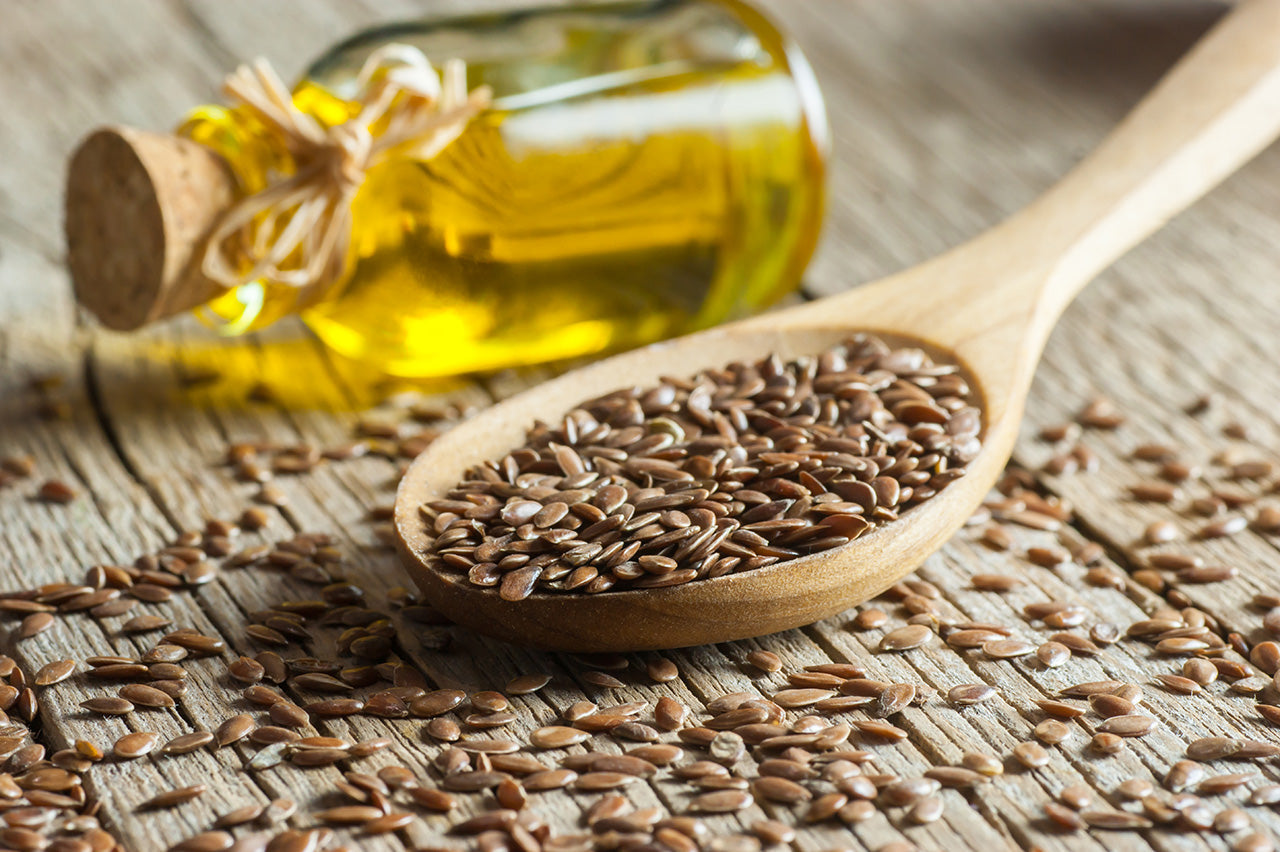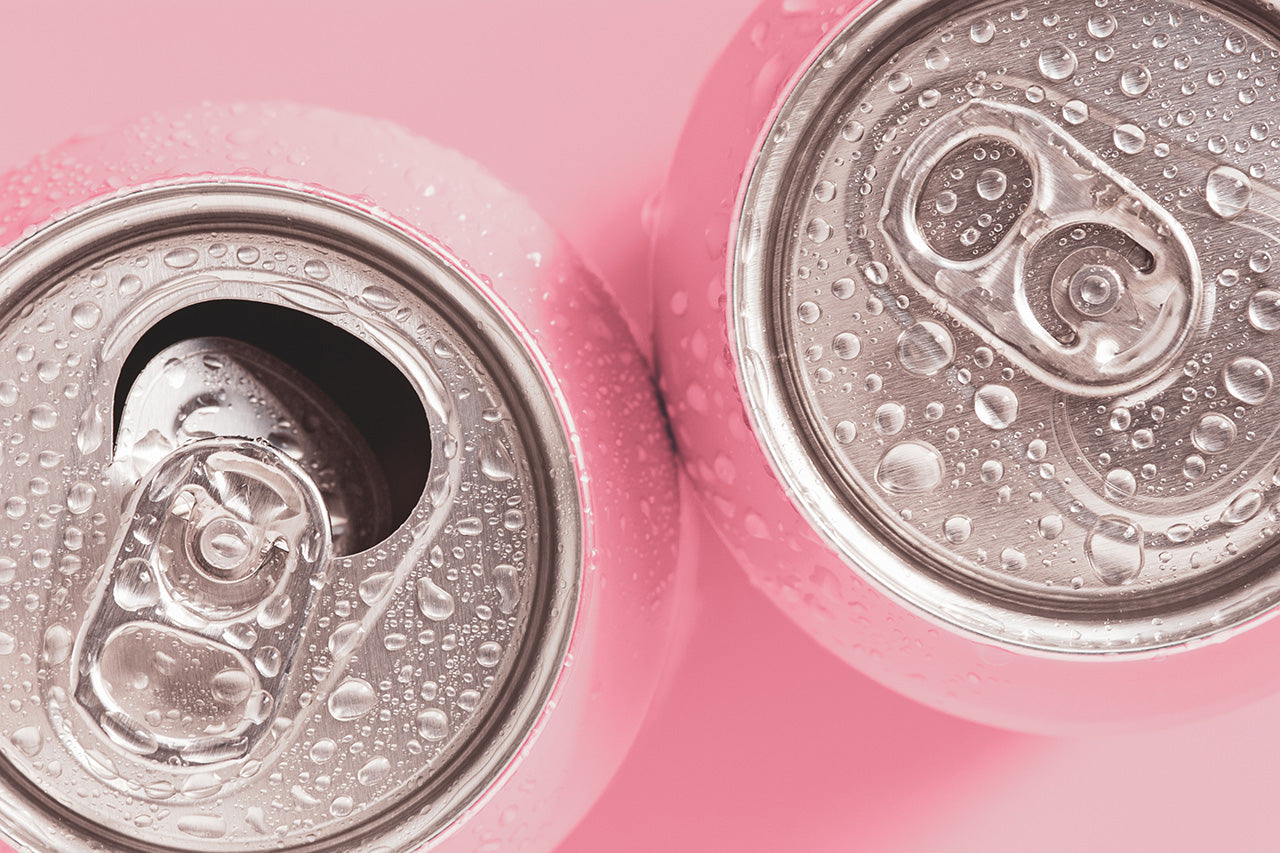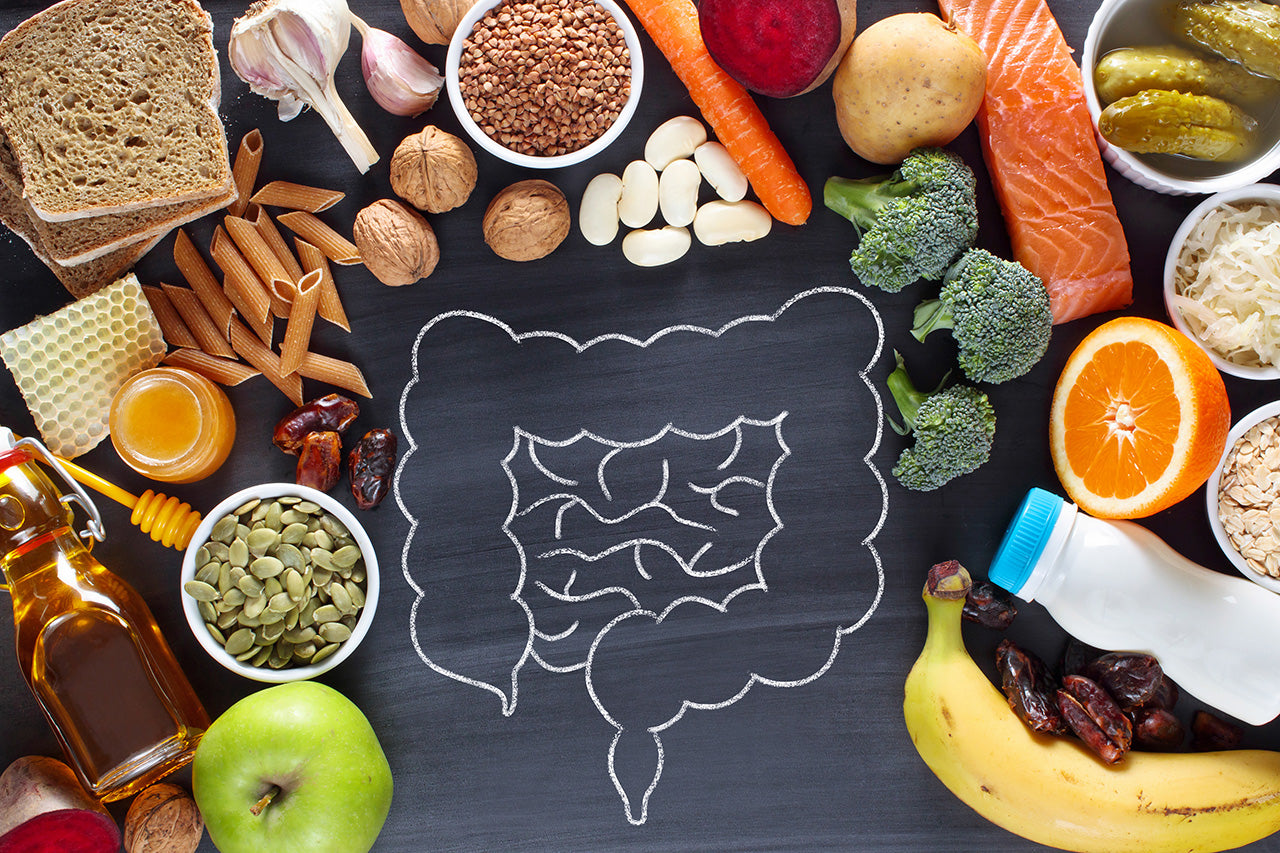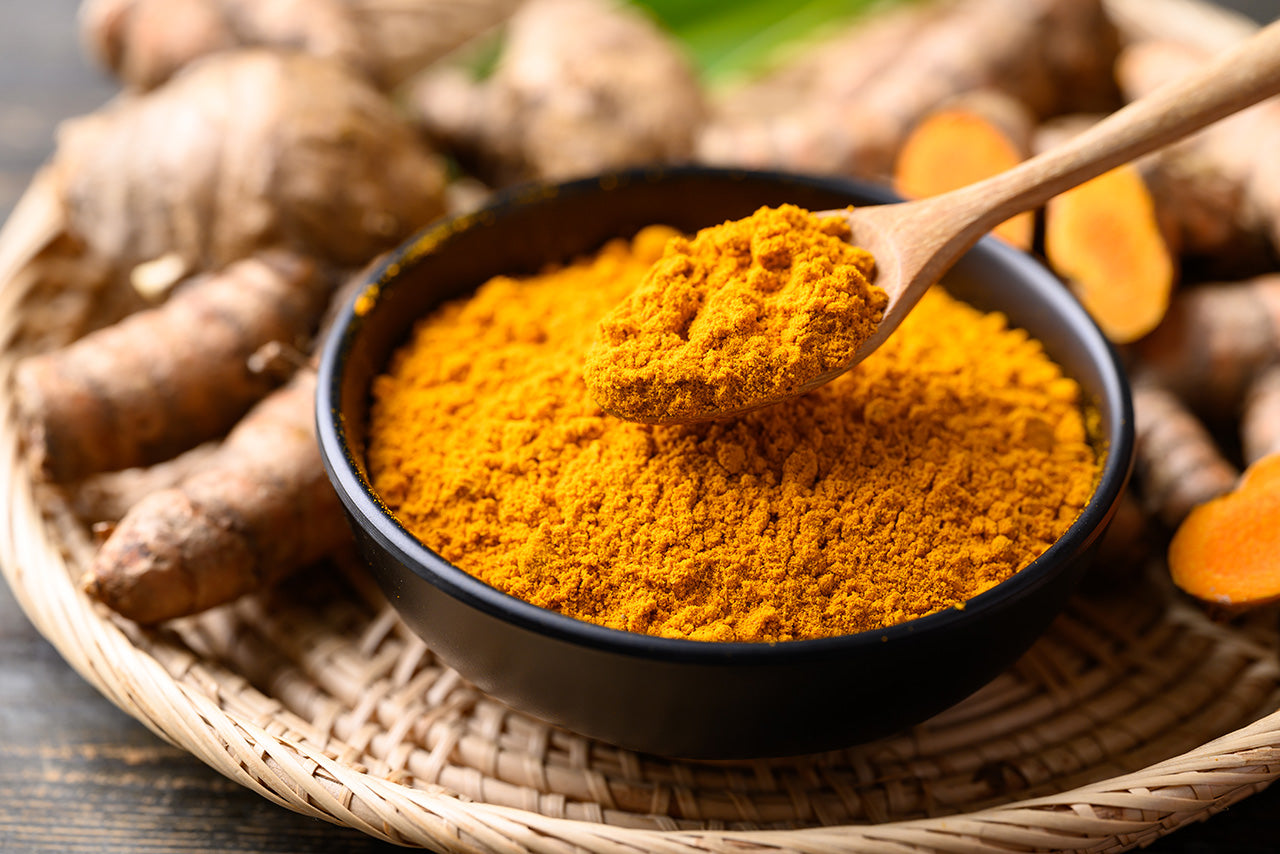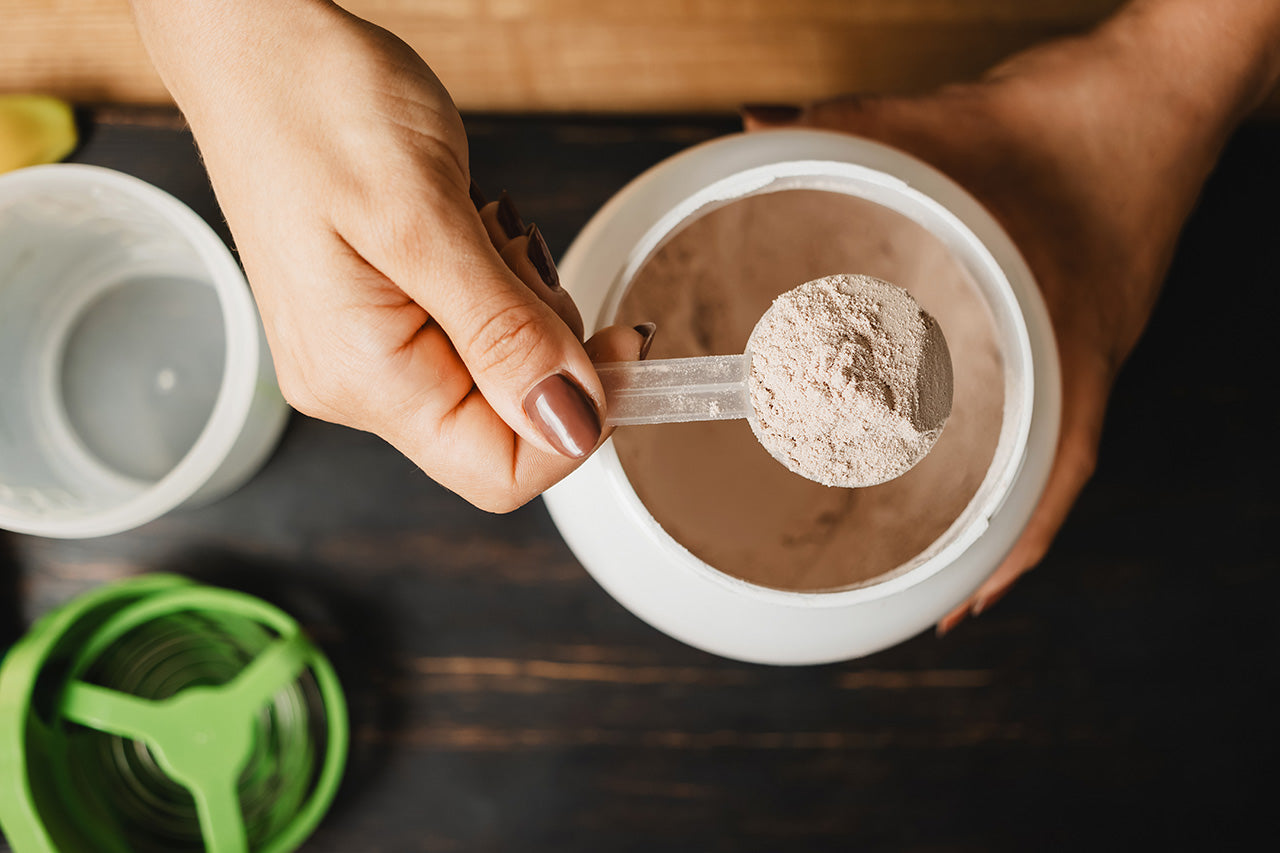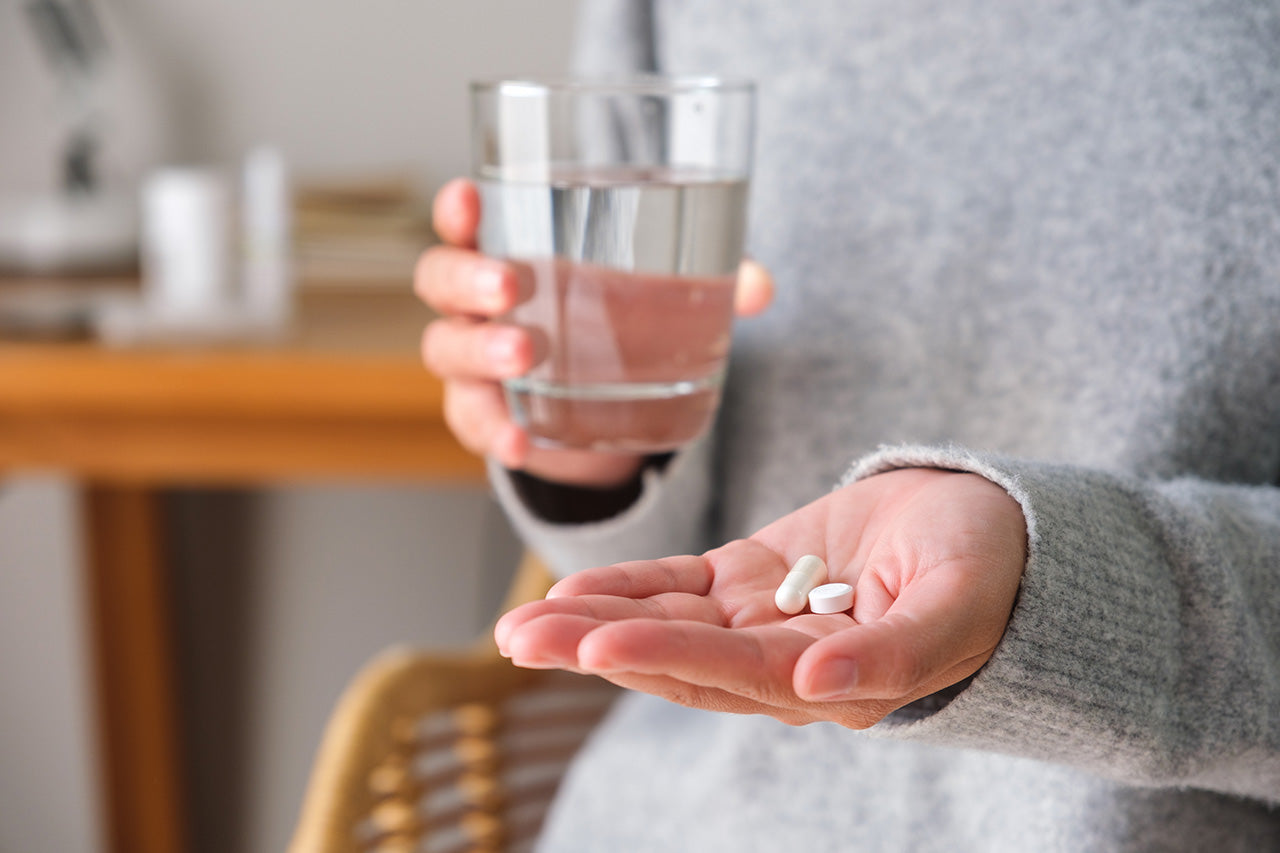
WELLNESS
Gut Health: Beyond the Gastrointestinal Tract

All disease starts in the gut. -Hippocrates
Every aspect of our being is dictated by the health of our gut. It’s not just an organ system that deals with receiving food and extracting nutrients—although that alone is a massive task! We can’t expect to have strong immunity, a calm mind, and a healthy endocrine system without keeping our gut’s well-being in mind.
More and more research is pointing to the highly interconnected nature of our gut and its pivotal role in supporting total body health. Let’s explore a few of these topics.
Mood
Our gut manufactures the bulk of our neurotransmitters, or chemical messengers that play a key role in regulating various body functions including cognition, muscle movement, and of course - mood!
In fact, neurotransmitters are really just hormones derived from the nervous system. For example, our gut creates up to 95% of our body’s serotonin, one of THE key feel-good hormones. Many antidepressants work by increasing the number of circulating serotonin. Serotonin does more than just make us feel good, though. It also helps us have regular bowel movements, balanced hunger cues, and restorative sleep.
Dopamine is considered another “happy hormone”, and at least half of our body’s stores are created in the gut, not the brain! Just like serotonin, specific cells within the gut manufacture dopamine from the nutrients we ingest.
Many people overlook the fact that the nervous system is intertwined with our gut. Our entire gastrointestinal system is innervated with 200-600 million neurons! This is why the gut is often called the “second brain” and why the “gut-brain” axis is so important to understand. We need our gut to be functioning well if we want top-notch brain function!
This intimate relationship is also why those with gut issues are more likely to succumb to mood imbalances like anxiety, nervousness, and depression. And it makes sense why we would have so much nervous tissue in our guts, right? The gut is the center of where we receive precious nutrients from the food we eat, offering the raw materials to build neurotransmitters. Beyond serotonin and dopamine, the gut also produces other “happy hormones” like GABA and hormones necessary for memory and learning like acetylcholine.
Hormone Health
Just as the gut is responsible for manufacturing many of our neurotransmitters, it plays an essential role in balancing our hormones either by creating them or transporting and/or breaking them down. Let’s look at some of the hormones it makes:
The small intestines make ghrelin, which stimulates hunger, while the colon and ileum (last part of the small intestines) makes peptide YY which reduces appetite and slows gastric emptying to enhance nutrient absorption.
Then there’s glucagon-like peptide 1 (GLP-1) which tells our body to secrete insulin and promotes the feeling of satiation.
The small intestines also make a very important hormone called cholecystokinin (CCK) that tells our pancreas to release digestive enzymes and our gallbladder to release bile. Many (if not most!) people in the Western world struggle with sufficient enzyme and bile creation, making us susceptible to malnutrition and disorders of the liver and gallbladder like non-alcoholic fatty liver disease and gallstones. Not to mention that if our bile stops flowing, we are sure to experience skin disturbances like acne, psoriasis, and eczema.
New research also reveals our gut microbiota’s role in making and balancing hormones. For example, the millions of bacteria in our gut all produce various metabolites as part of their life cycle. Some of these byproducts, like short chain fatty acids, are very beneficial as they encourage the growth of more good bacteria and positively influence metabolism and immune function...
Immunity
Which brings us to the gut’s role in immunity. Some of these bacterial byproducts aren’t so friendly and can put a major stress on our immune system. Dysbiosis, or having an unbalanced microbiome, means the production of not-so-desirable compounds aptly called “endotoxins”.
For example, the typical Standard American Diet often fosters high levels of certain bacterial populations known to create large amounts of endotoxins called lipopolysaccharides (LPS).
When LPS leak into the bloodstream as a result of inflammation in the gut (which often occurs in dysbiotic states), they can wreak havoc throughout the body. The circulation of LPS triggers the immune system into action, but over time, this underlying activation can deplete our immune system and initiate the onset of autoimmune conditions.
Because our gastrointestinal tract is so susceptible to things like endotoxins and other potential “invaders” we ingest, our gut also houses the bulk of our immune system- like up to 80%!
The GALT, or gut-associated lymphoid tissue, lives throughout our gastrointestinal tract and is designed to protect us from harmful compounds like endotoxin and any other toxins we may be ingesting. In the modern world, many of these toxins come through our diet and environment in the form of preservatives, perfumes, and plastics to name a few.
As you can see, the gut does A LOT more than just digest our food for us. If we want a strong mind, calm mood, and balanced hormones, we must pay attention to supporting our gut!















